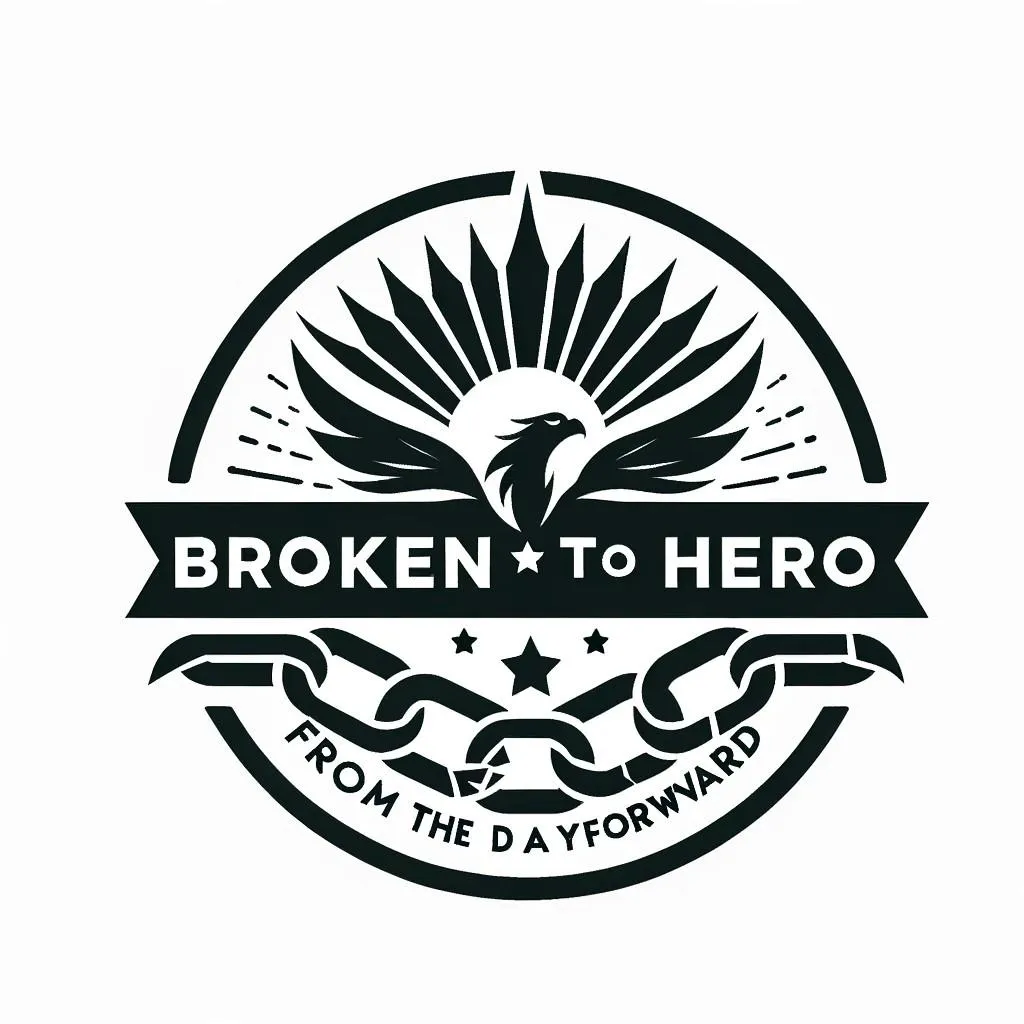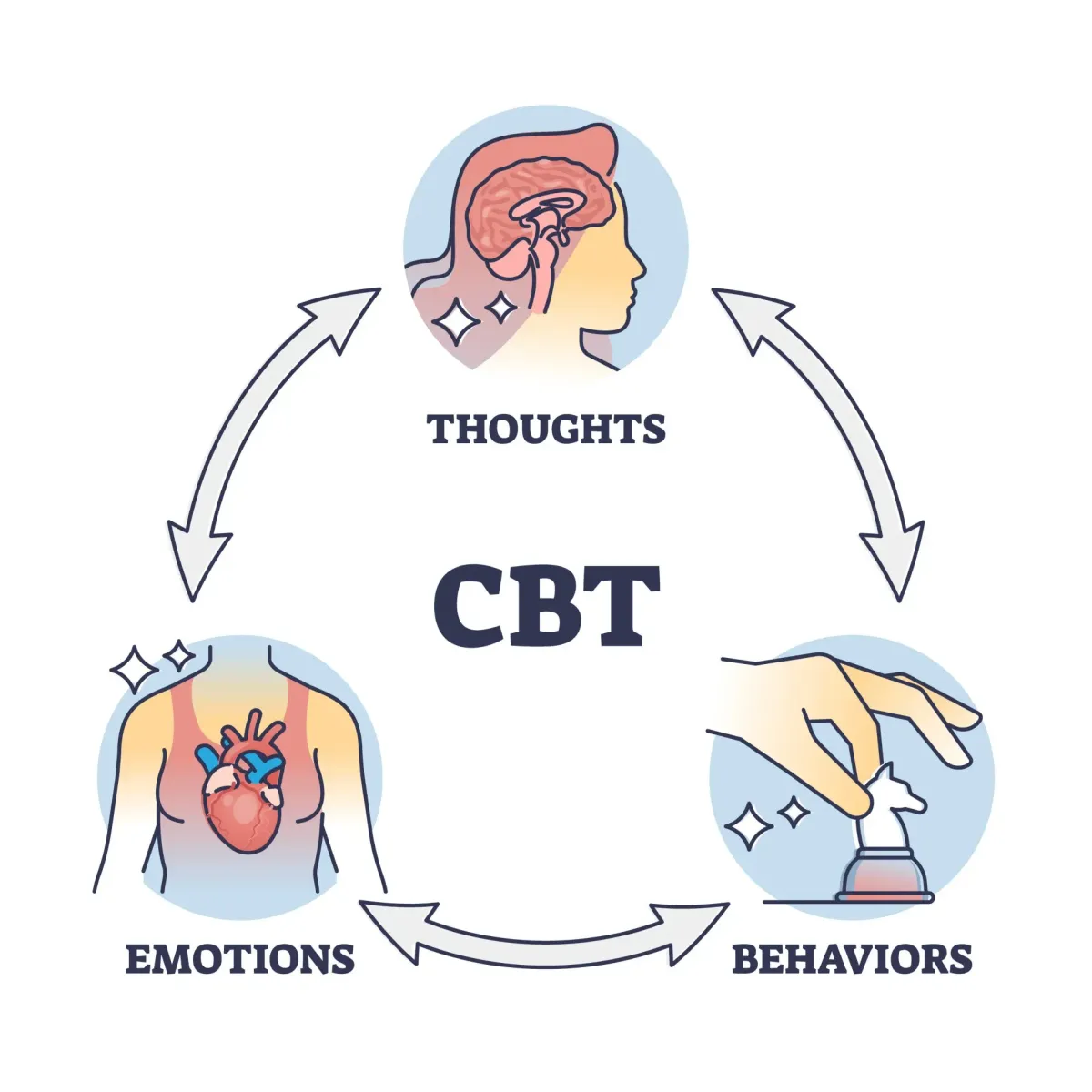FAQS
How does life coaching differ from therapy?
While both life coaching and therapy aim to support personal growth, they have distinct approaches. Therapy typically focuses on addressing past traumas, emotional healing, and diagnosing mental health conditions. On the other hand, life coaching is forward-focused, centered around setting and achieving goals, enhancing performance, and unlocking potential. If you're seeking to overcome specific challenges from your past, therapy might be more suitable. If you're looking to create a roadmap for personal or professional success, life coaching could be the right fit.
How often are coaching sessions conducted?
Coaching sessions frequency can vary based on your needs and preferences. Typically, we recommend starting with weekly sessions to establish momentum and make consistent progress. As you gain confidence and traction towards your goals, sessions might transition to bi-weekly or monthly. The flexibility of our approach ensures that the coaching frequency adapts to your evolving requirements, ensuring optimal support and accountability.
What if I'm unsure about my goals and direction?
It's completely normal to feel uncertain about your goals and direction. Our coaching process begins with an initial assessment where we'll work together to clarify your aspirations, values, and priorities. Through insightful questioning and exploration, we'll collaboratively uncover your passions and potential areas for growth. If you're not entirely sure about your goals, our coaching can help you gain clarity and chart a course that aligns with your authentic self. Remember, the journey towards clarity is an integral part of the coaching process itself.


Cognitive Behavioral Therapy (CBT)
Cognitive Behavioral Therapy (CBT) is a type of psychotherapy that helps individuals identify and change negative thought patterns and behaviors. It is based on the idea that our thoughts, feelings, and behaviors are interconnected and that changing negative thoughts can lead to changes in feelings and behaviors.
Key Features of CBT:
1. Goal-Oriented and Structured: CBT is typically focused on specific problems and is structured in a way that helps individuals achieve their goals. Sessions are often planned with clear objectives.
2. Short-Term: CBT is usually a short-term treatment, ranging from a few weeks to a few months, depending on the issue being addressed.
3. Practical and Problem-Solving Approach: It emphasizes practical solutions and problem-solving techniques to help individuals cope with challenges in their lives.
4. Collaboration: The therapist and the individual work together collaboratively. The therapist helps guide the individual to develop skills to manage their thoughts and behaviors.
5. Homework: Individuals are often given homework assignments to practice the skills learned in therapy sessions. This helps reinforce the concepts and techniques discussed during therapy.
Techniques Used in CBT:
1. Cognitive Restructuring or Reframing: This involves identifying and challenging negative thoughts and replacing them with more positive and realistic ones.
2. Behavioral Activation: Encouraging individuals to engage in activities that bring pleasure or a sense of accomplishment to combat inactivity and depression.
3. Exposure Therapy: Gradually exposing individuals to situations or objects that they fear to help them overcome their anxiety.
4. Mindfulness and Relaxation Techniques: Teaching individuals' techniques to manage stress and stay present in the moment.
5. Problem-Solving: Helping individuals develop effective strategies for dealing with specific problems in their lives.
Conditions Treated with CBT:
CBT has been shown to be effective in treating a wide range of conditions, including:
• Anxiety disorders
• Depression
• Post-Traumatic Stress Disorder (PTSD)
• Obsessive-Compulsive Disorder (OCD)
• Phobias
• Eating disorders
• Substance abuse and addiction
• Insomnia
CBT is a versatile and widely used approach that can be adapted to fit the needs of individuals with various mental health challenges. Its focus on practical skills and problem-solving makes it a valuable tool for many people seeking to improve their mental health and well-being.
